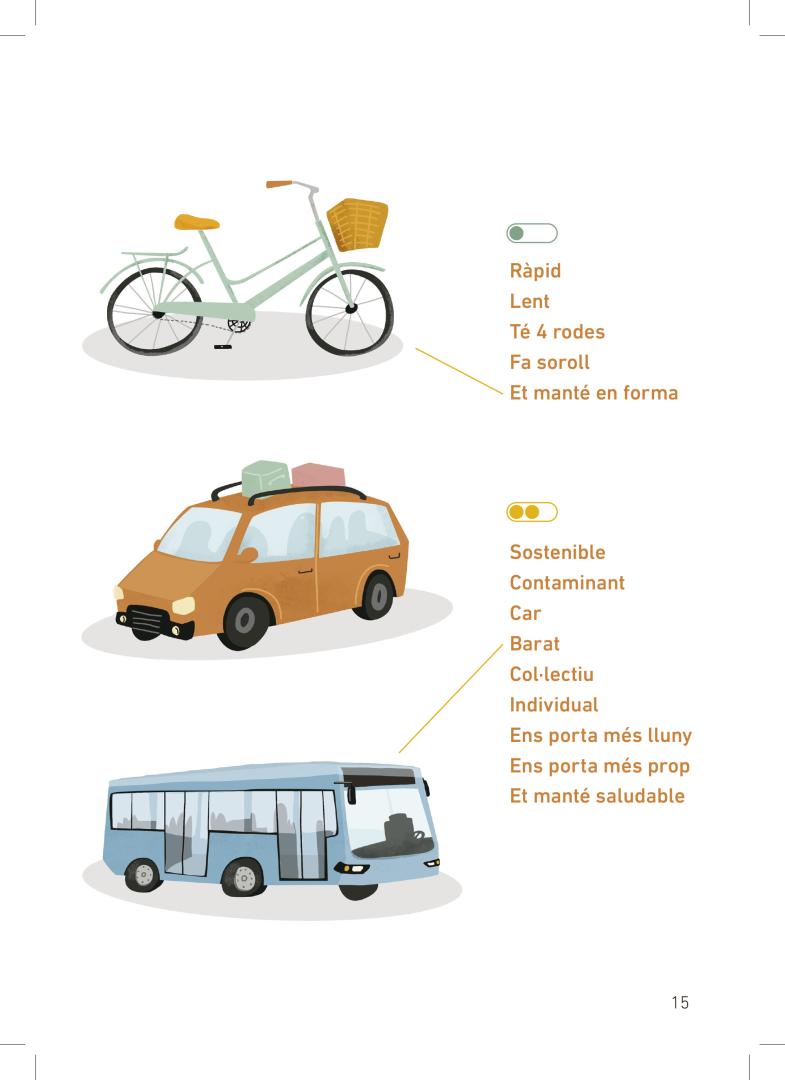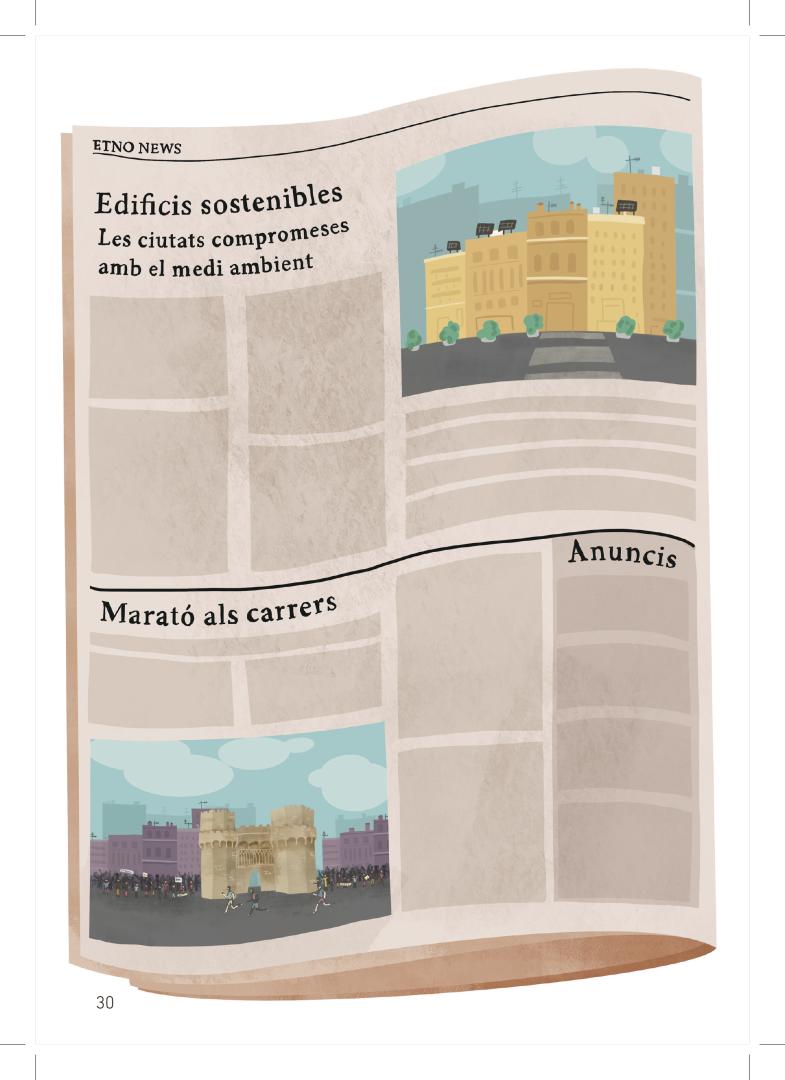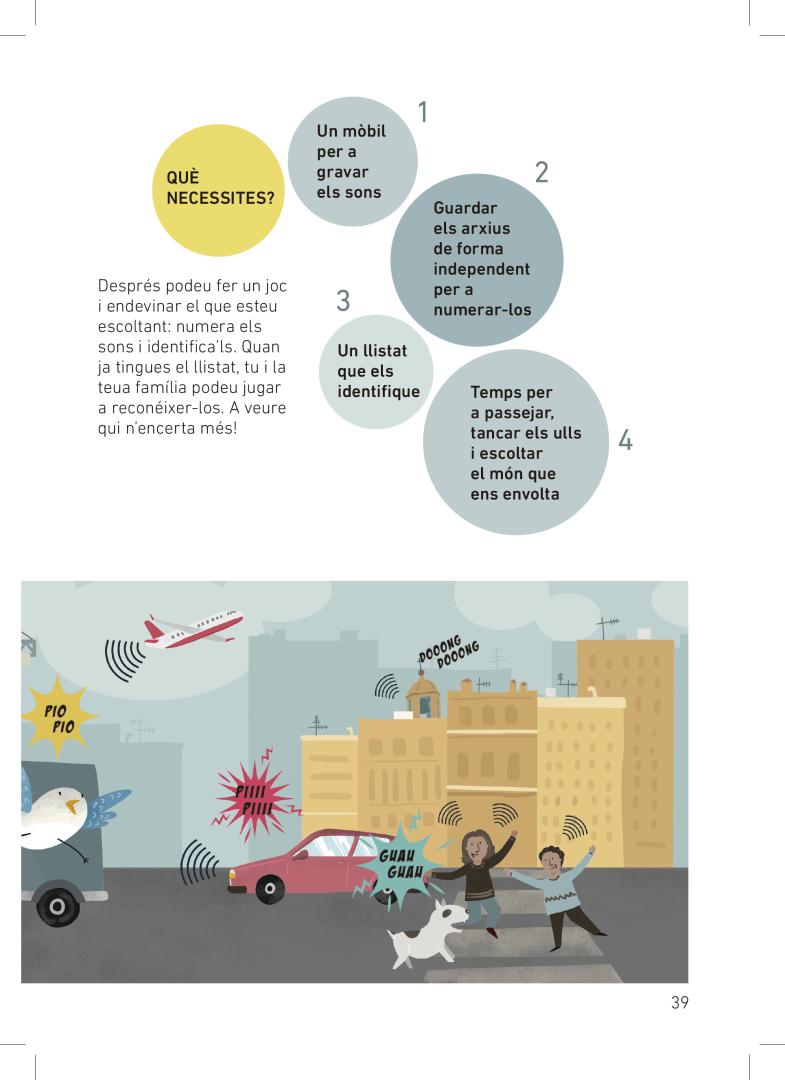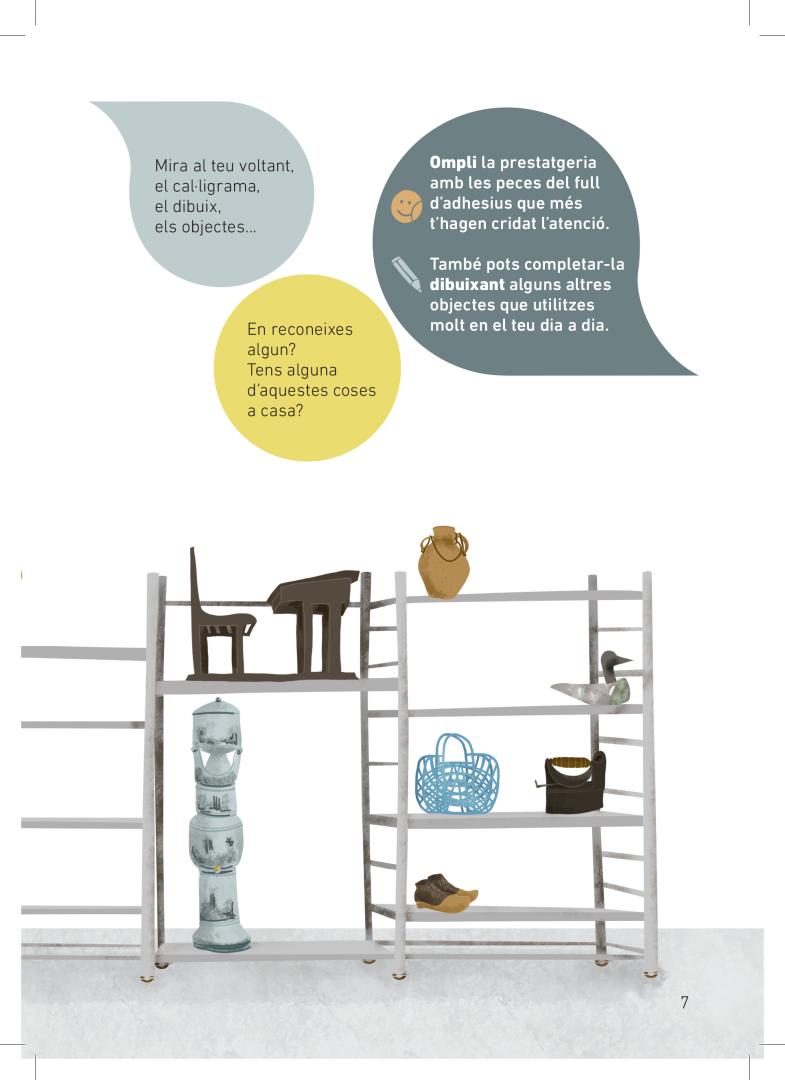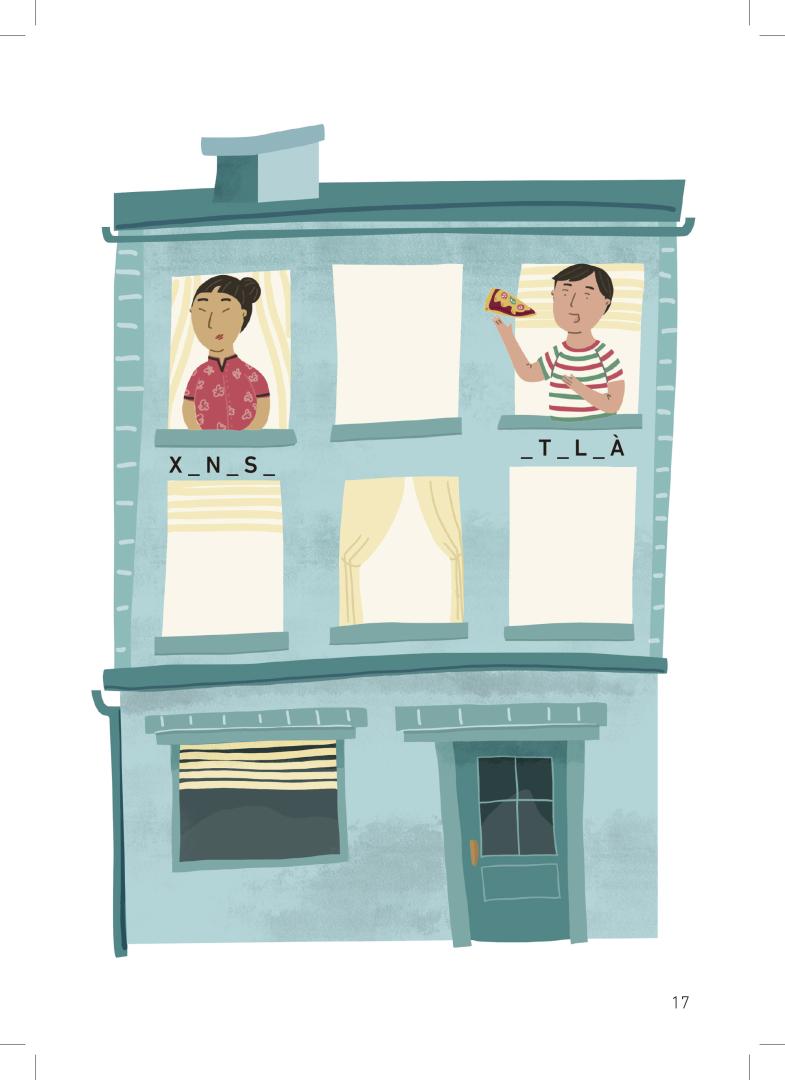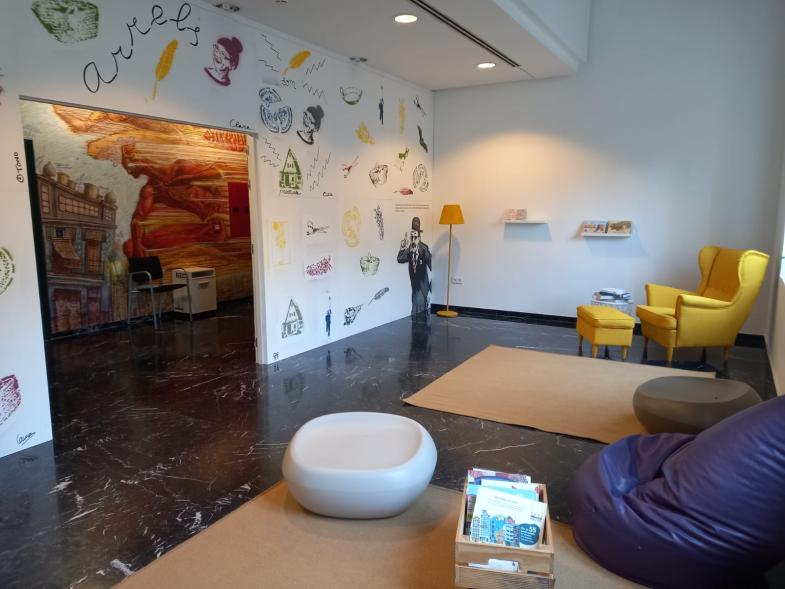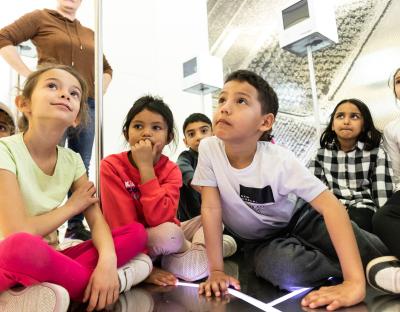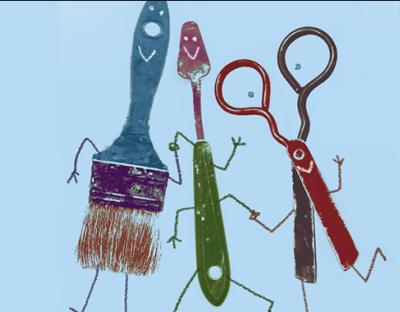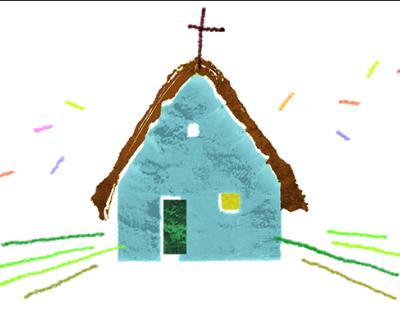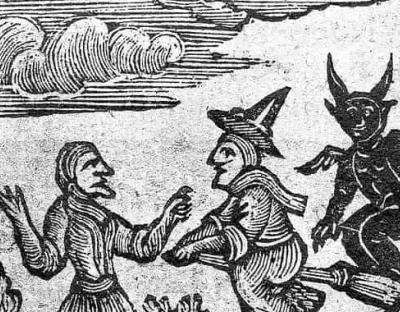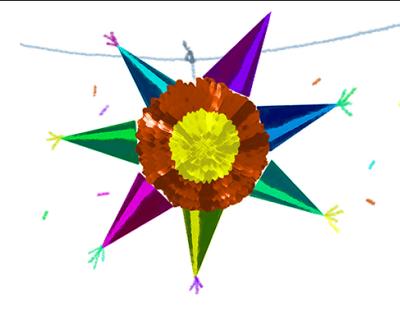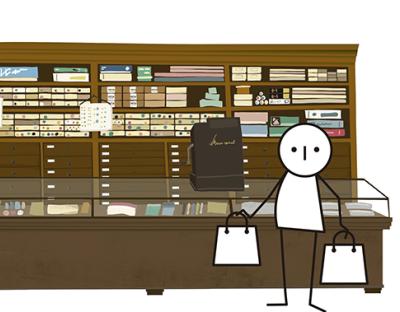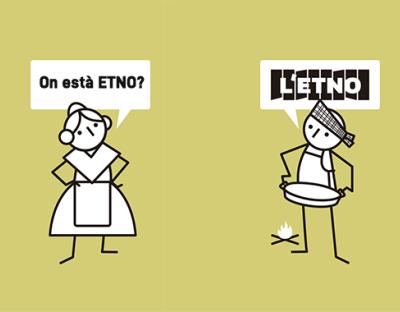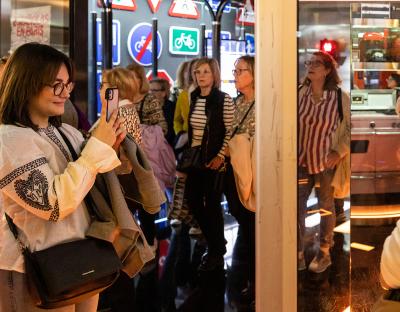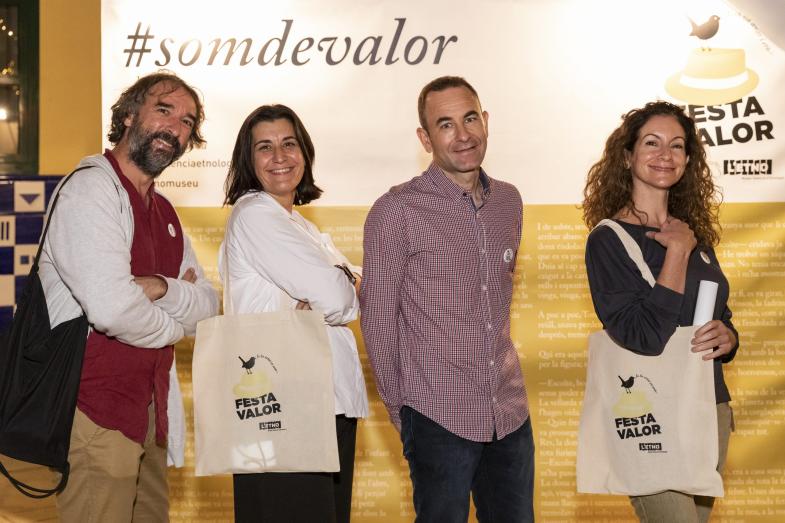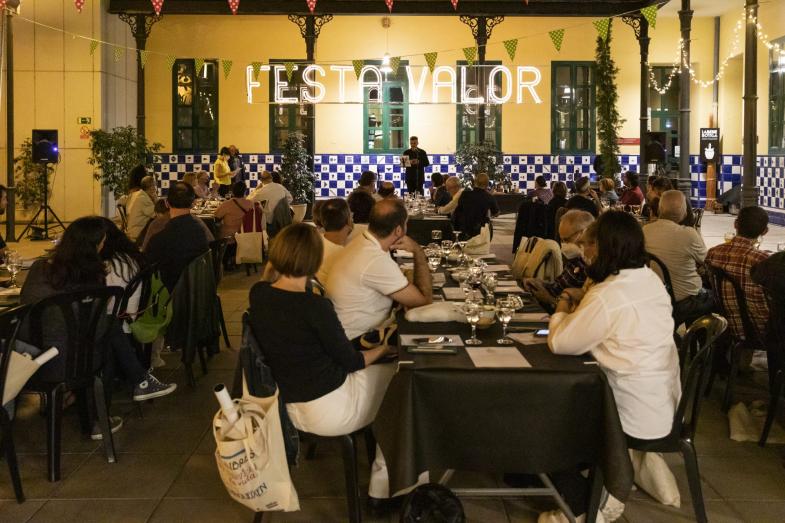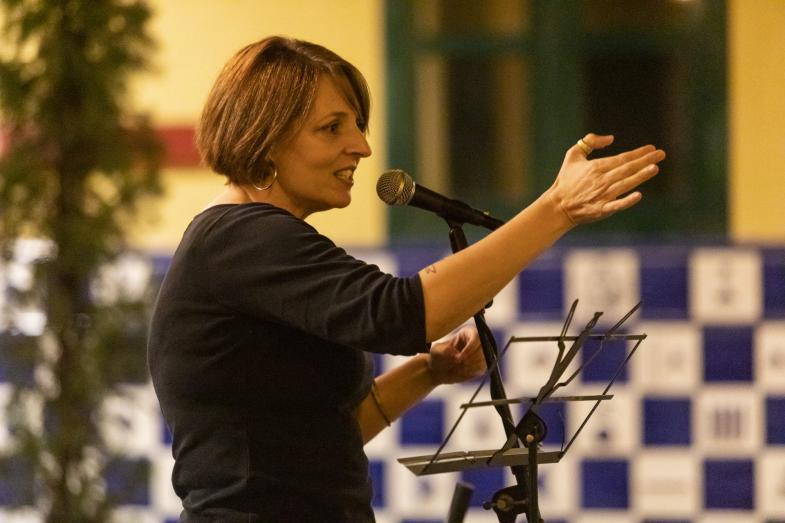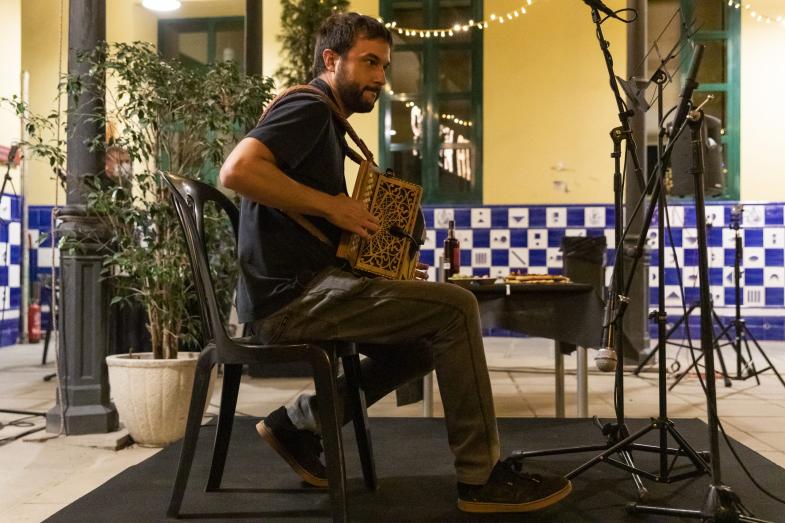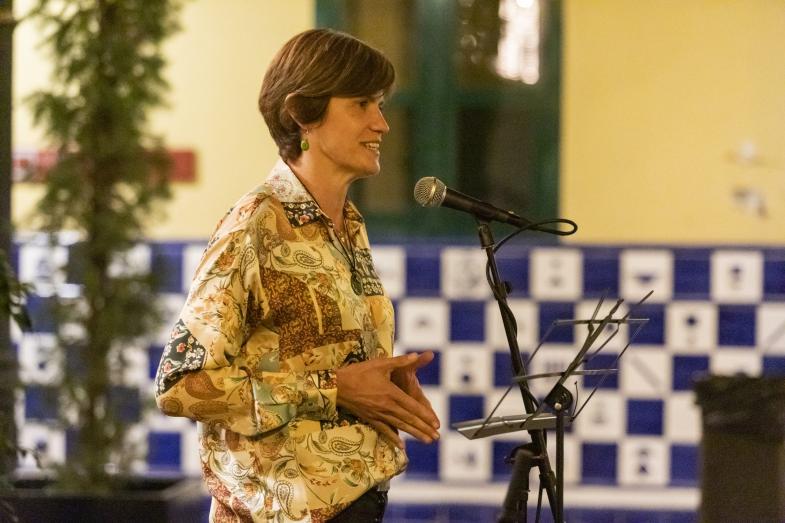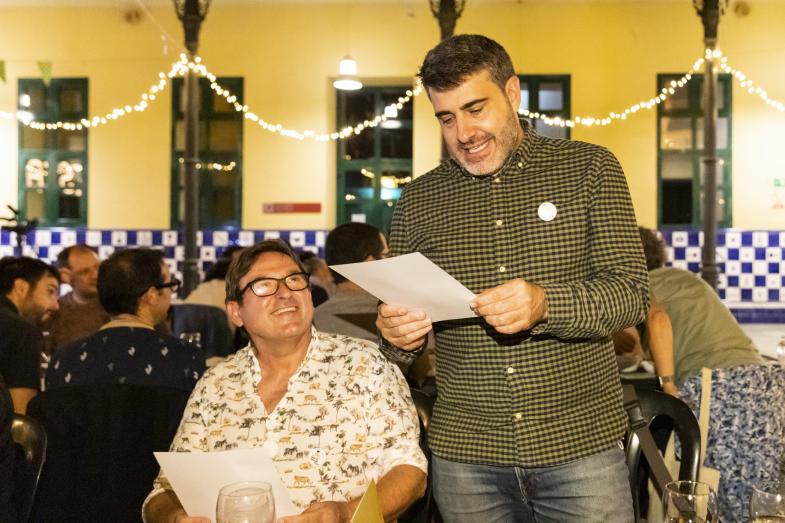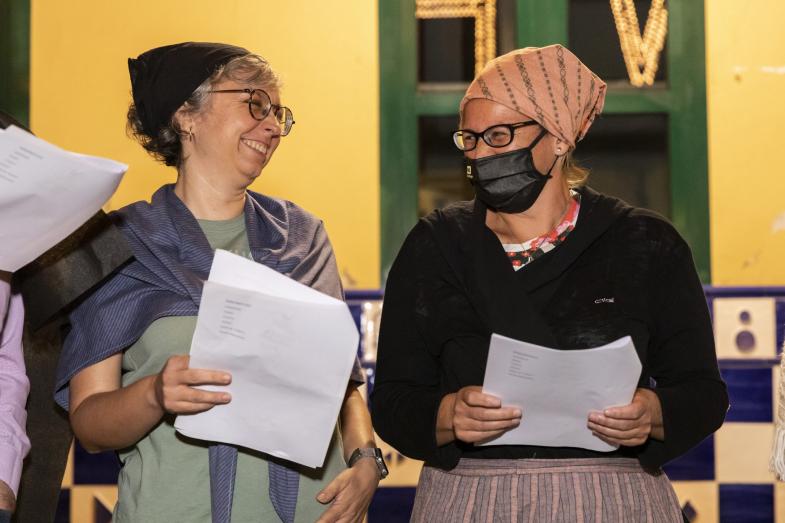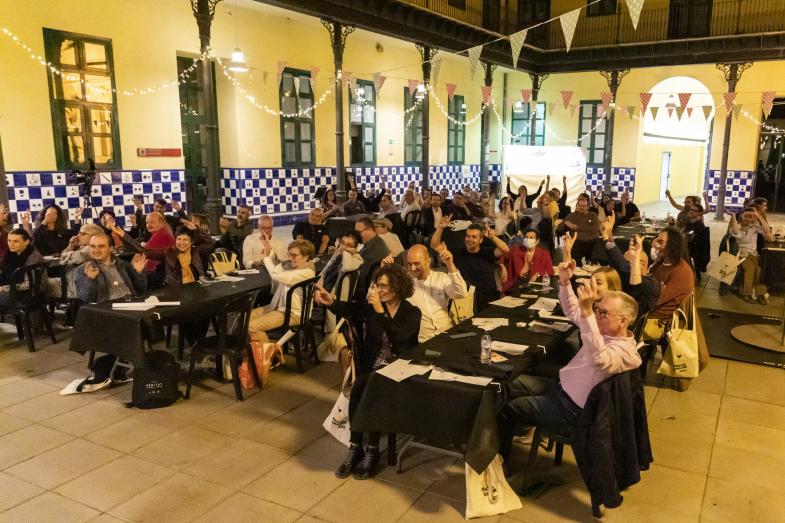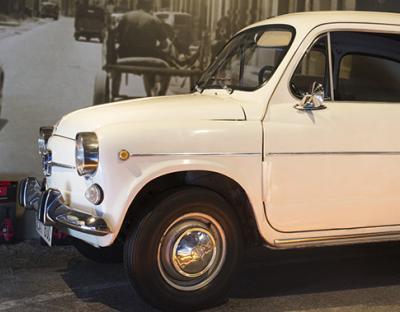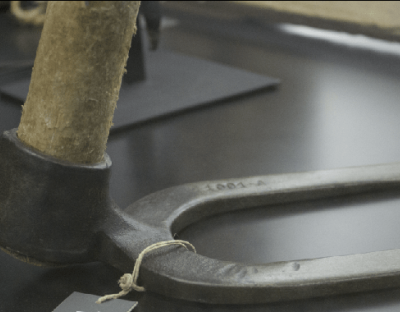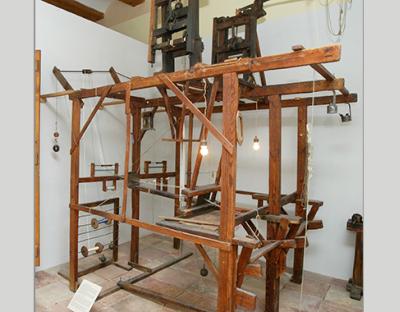Would you like to take a tour of the city at your own pace? Not just any city, but the one you can see if you visit L'ETNO... Come with the whole family to discover the new educational proposal in guide format for adults and children!!! Ask for the guide at the information desk at the entrance.
The permanent exhibition of L'ETNO, Museu Valencià d'Etnologia "It is not easy to be Valencian" consists of three sections: the city, the irrigated farmland and the marshland, and the dryland and the mountains. This guide is a playful and educational proposal about the first one: the city. Through different activities that encourage creativity and critical thinking, we want adults and children to learn a little more about Valencian cities and the many changes that have taken place in them over the last century.
The guide is aimed at families with children between 6 and 11 years old. You can all take part in the activities and join in with them. Each proposal consists of three itineraries with different levels of difficulty. As a guideline, each level corresponds to an age range, although adults can choose the activities that you consider most appropriate to the profile of the children.
To do the activities, you can consult the information panels in the room and use the folder and pencil provided at the entrance. The suggested route can be completed in 1 hour. At the end of the City Hall there is a new rest area with tables where you can do or finish some activities. After the visit, you can continue learning at home with other suggestions at the end of the guide.
The guide is only available in Spanish and Valencian.
